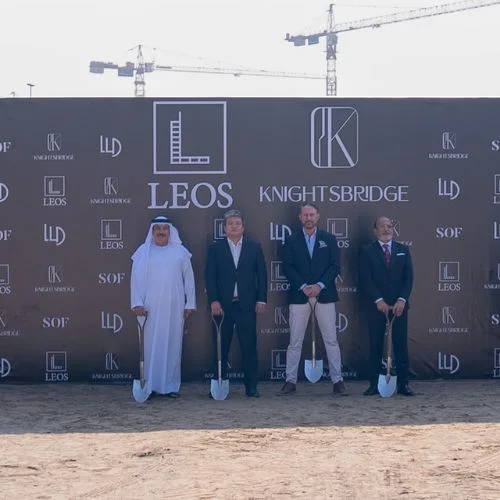The ongoing cooperation between Russia and Saudi Arabia within the OPEC+ alliance remains robust, with both nations determined to take necessary measures to support the oil market. This commitment was emphasized by Saudi Energy Minister Prince Abdulaziz bin Salman during a conference, where he highlighted the alliance’s dedication to stabilizing oil prices. Despite efforts to curb oil production and lift prices, benchmark Brent futures have experienced a decline, prompting concerns among OPEC nations that require higher prices to balance their budgets. Nonetheless, OPEC maintains its focus on achieving a balanced oil market that caters to the interests of both producers and consumers.
Saudi-Russia Oil Cuts:
Saudi Arabia and Russia, being the largest crude oil exporters globally, have intensified their collaboration by implementing deeper oil supply cuts. The aim of these cuts is to drive prices upward and counter the challenges faced by the oil market. However, the market response to these efforts has been short-lived, as Brent futures have experienced a decline, currently trading below the levels necessary for many OPEC nations to maintain fiscal equilibrium. Despite the market reaction, Prince Abdulaziz asserted that the joint oil output cuts agreed upon by Russia and Saudi Arabia demonstrate their commitment to addressing skeptics and stabilizing the market.
US Calls for Increased Production:
The United States, a significant oil producer outside the OPEC+ alliance, has consistently urged the group to increase production to support the global economy. Furthermore, the US has criticized the Saudi-Russian cooperation following Russia’s invasion of Ukraine. However, Saudi Arabia has firmly rejected these calls for increased production and reaffirmed its commitment to collaboration with Russia. Prince Abdulaziz emphasized the success of the recent joint output cuts agreed upon by both nations, asserting that they prove the doubters wrong.
OPEC’s Stance and Media Access:
OPEC maintains that it does not have a specific price target and aims to achieve a balanced oil market that serves the interests of both consumers and producers. In light of this, OPEC has restricted media access to Reuters, Bloomberg, and Wall Street Journal reporters during the OPEC International Seminar. The event was partially broadcast online, allowing attendees to discuss market dynamics and strategies.
UAE’s Perspective and Market Balance:
United Arab Emirates Energy Minister Suhail Al Mazrouei expressed confidence that the additional oil cuts agreed upon by OPEC+ would suffice in balancing the oil market. Mazrouei stated that the market situation should be thoroughly assessed before considering further actions. He clarified that the UAE would not contribute to additional production cuts as the country was already producing below its capacity. Moreover, Mazrouei stressed the need for increased investments in various countries, suggesting the inclusion of newcomers within the OPEC+ alliance to ensure a stable oil supply in the future.
Conclusion:
The OPEC+ alliance, spearheaded by Russia and Saudi Arabia, remains steadfast in its commitment to supporting the oil market. Despite challenges posed by declining prices and geopolitical tensions, both nations have reinforced their collaboration through deeper oil supply cuts. OPEC continues to prioritize a balanced oil market that addresses the interests of consumers and producers alike. While the United States has called for increased production, Saudi Arabia has reiterated its commitment to cooperation with Russia. The recent joint output cuts serve as a testament to the alliance’s determination and ability to stabilize the market. Moving forward, the UAE has emphasized the importance of attracting new participants to the OPEC+ group to bolster investments and ensure sufficient oil supply for the world.















